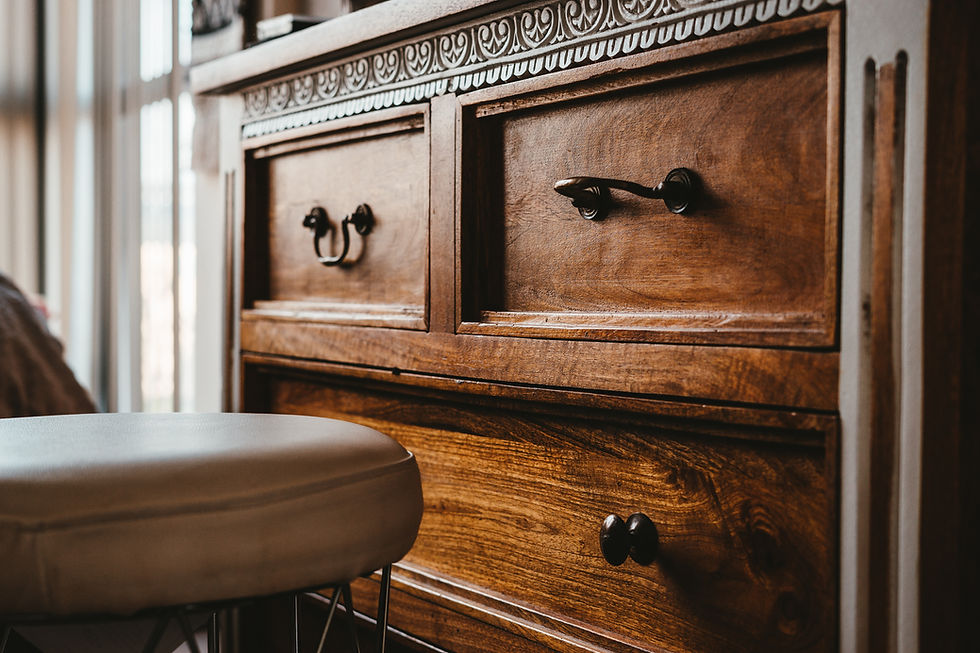
If you have a piece of antique furniture that is beginning to show its age, restoration can breathe new life into it. Here are 10 tips every amateur restorer needs before they embark on their next project.
Work Out What Is Involved
Before you begin your repair work, you need to work out exactly what is going to be involved. Look online or consult with someone with experience to find out what you need to do to fix or restore your furniture.
Consider What Materials You Will Be Working With
Some materials are easier to work with than others. For example, leather repair work will require its own set of tools and a different approach to other fabrics. Make sure you know exactly what materials you are going to be working with and any special considerations you need to make.
Set Aside Enough Time
Restoring furniture is often quite an involved process. Many people will find it easier to break the restoration down into more manageable chunks. Working in short bursts makes it easier to maintain your concentration and consistency, so set yourself a schedule that provides you with ample time to complete each task.
Establish A Budget
Whenever you are undertaking any kind of DIY work, it helps to have a clear idea of your budget beforehand.
Visualise The End Result
It is very helpful to have a clear image of what the restored peace is going to look like. This
visualisation process will also enable you to identify any areas that you had hitherto overlooked.
Safety First
As with any DIY work, there is always the potential for injury if you don't pay attention to basic safety. Ensure that you have plenty of ventilation if you are going to use wood strippers and varnish. Also, make sure that you have safety glasses to shield your eyes if there is going to be any debris flying about.
Give Yourself A Clear Work Area
Setting aside a dedicated work area that is well ventilated and clear of any clutter won't just ensure that you have a safe space to work in, it will also make it easier for you to keep everything organised. If moving the piece of furniture to a workspace is not practical, try to clear the area around it as best you can.

Clean The Furniture
You want to begin your repair work with a clean piece of furniture. Before you do anything else, give your piece of furniture a thorough wipe down and remove any dirt or grime that has built up. It is recommended that you use a vegetable-based oil soap and warm water unless the material in question needs to be cleaned in a particular way.
Keep A Checklist Handy
Once you know exactly what you are going to be doing and what tools you need, you should put together a checklist. Keep this checklist with you to refer back to and to make sure that you don't get lost halfway through.
Call In The Pros if You Need To
If you think that the restoration work required is above your level, it might be worth calling in the professionals. As much as you might want to restore the furniture yourself, you don't want a restoration project to lead to expensive repair work.
Restoring old furniture isn’t easy, but it is a very satisfying undertaking. Stick to the advice above to ensure your furniture restoration goes off without a hitch.








Comments